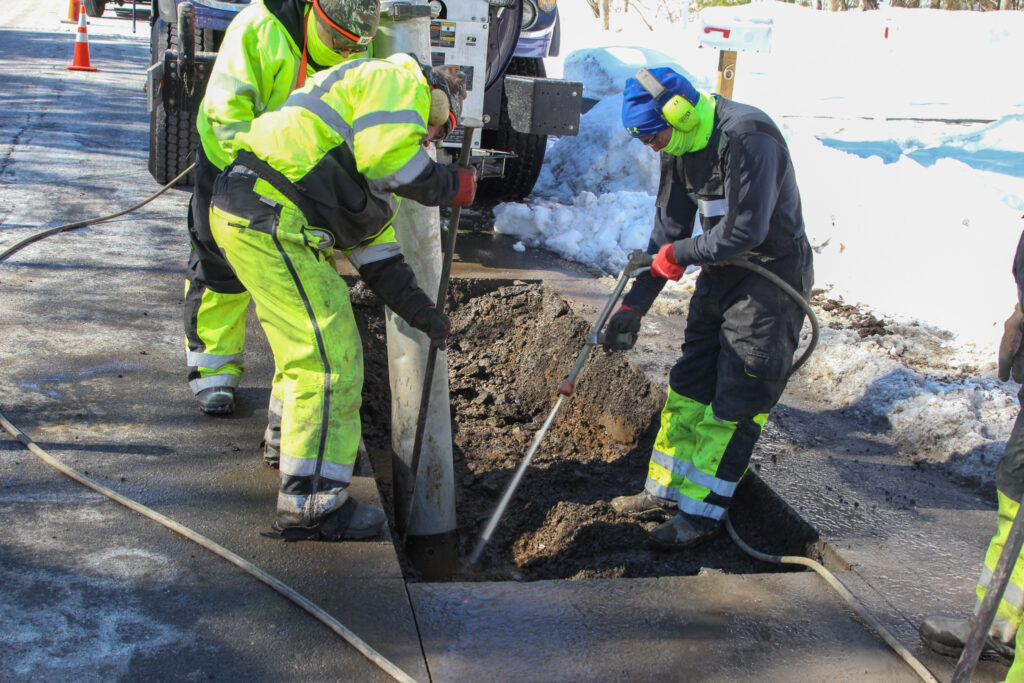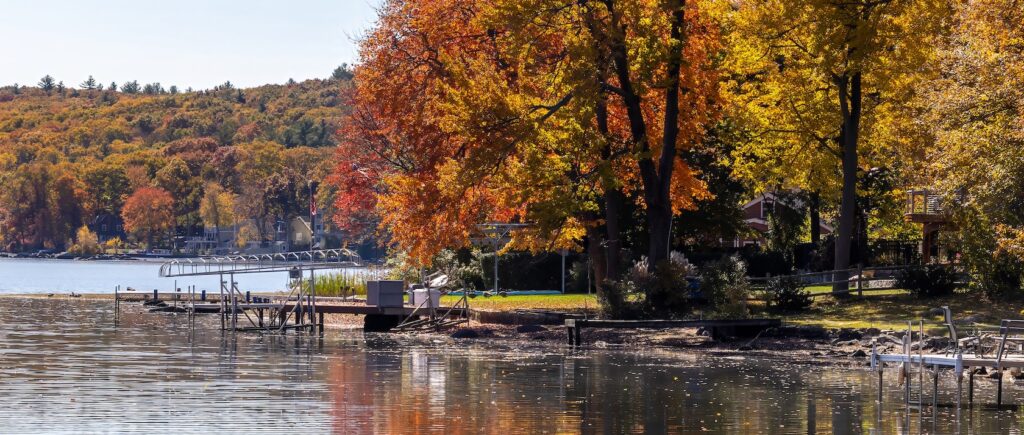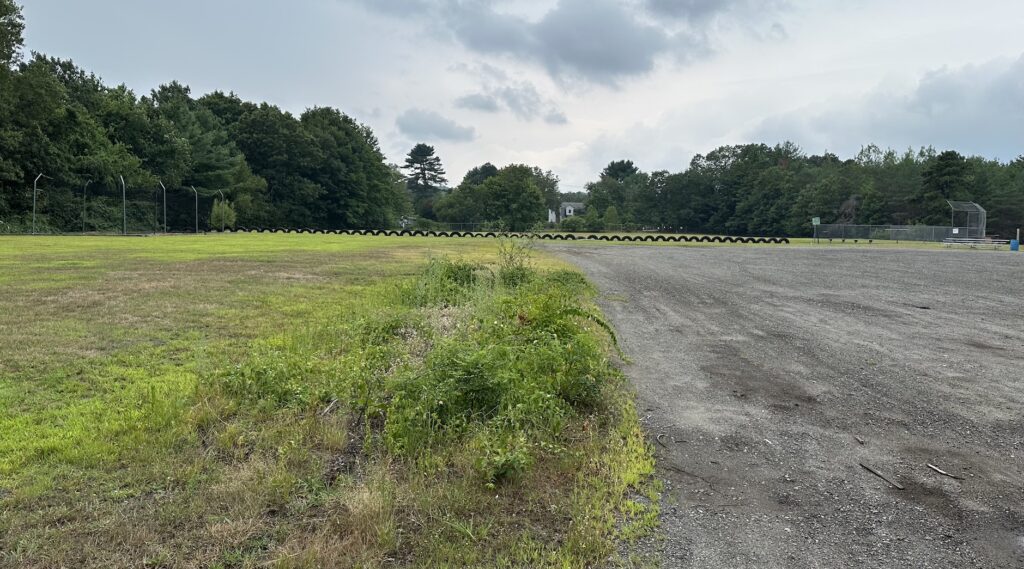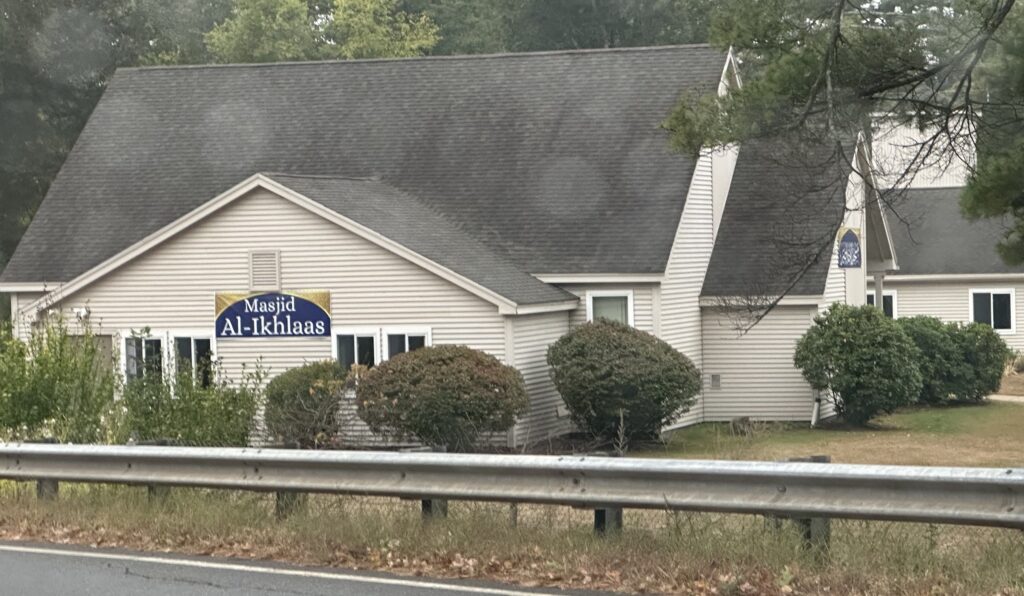At Tuesday night’s meeting, the Conservation Commission again decided to continue its public hearing on the Hopkinton Department of Public Works’ request to have a “toolbox of options” to manage the invasive weed growth in Lake Maspenock.
A request was made for more information from town consultant and certified limnologist David Mitchell to help address concerns about the validity of a vote on the topic. The hearing is to be picked up on April 12.
The hearing has generated a lot of interest due to the fact that one of the “tools” is the use of herbicides, a plan that previously was voted down by the Conservation Commission as well as Town Meeting after numerous residents expressed concerns.
The other options are hand harvesting, benthic barriers, mechanical harvesting and winter water level drawdown. The drawdown has been practiced for several years, but DPW Director John Westerling said at the previous meeting that last winter’s drawdown was “essentially not effective in managing the weeds,” leading to this broader request.
Westerling said the DPW would appear before the commission again to discuss any plans before proceeding.
“The commission does a great job of placing conditions, but there may be conditions that are not thought of at the time that this is hopefully approved,” he said. “So we would come back to the commission after an inspection of the lake and the weeds in the spring, we would come back with our proposed tool that we are looking to use that season, have a discussion with the commission, and be open to any additional conditions that were thought of either from this approval or as we are moving forward, depending upon either which tool we’re using, where we’re applying it or any other factors.”
Member Ted Barker-Hook raised a question about the legitimacy of a commission vote on the matter.
“If I’m reading what I have in front of me correctly, we’re not allowed to approve weed removal if the goal is simply recreation and to remove nuisances,” he said. “And I don’t think I’ve heard evidence that the current weed problem is hurting the ecology of the lake and that removing them will improve — not maintain, but improve. And so that’s where I’m stuck right now with all of the tools in the toolbox. I don’t know if I’m understanding what I’m trying to understand, that we’re in a place where we can approve those activities given what the act says.”
Mitchell acknowledged recreational improvement was the immediate effect but indicated there would be other long-term improvements affecting aquatic life and water quality, which are specifically mentioned in the act. He said he would provide additional information to validate the vote.
“Many, many towns in the commonwealth have used this method or the methods we’re using,” he said.
A number of residents spoke at the meeting in support of the entire toolbox.
Former Select Board Member John Coutinho noted that the town has been analyzing the issue for seven years and trying to address it, and the situation is not improving.
“We’re really backed into a corner to really do these spot treatments,” he said. “I just don’t want to get into such analysis paralysis so that we miss another season.”
Lake resident Sabine St. Pierre said her young children and other swimmers are scared of the weeds.
“There’s people that, they feel these weeds, they get entangled in these weeds, it becomes a safety issue,” she said. “People panic, they’re not used to it, and then someone takes in a gulp of water. Also the ecosystem, it’s not balanced.”
Added St. Pierre: “I am not a proponent of herbicides every year. … It’s meant to be in the toolbox as a spot treatment when needed to bring the ecosystem back into balance.”
Drew Logan, a 20-year lake resident, former Lake Maspenock Preservation Association president and member of the citizens input group that was appointed to study the matter, said he felt the controversy about herbicides “is a little bit overstated.”
“I can tell you that we surveyed the Lake Association membership and the vast majority is in favor of having that as an option,” he said.
On the other side, Carol Esler said she has lived on the lake for 40 years and swims daily in the summer. She said the weeds are not a major problem.
“They’re nothing more than a nuisance — an occasional nuisance at the end of the year,” she insisted.
Esler said she is not comfortable using herbicides and said the community should be allowed final approval. She requested that the herbicides option be removed from the toolbox.
“It is just a terrible idea that needs to be separated out because it’s controversial,” she said.





















0 Comments